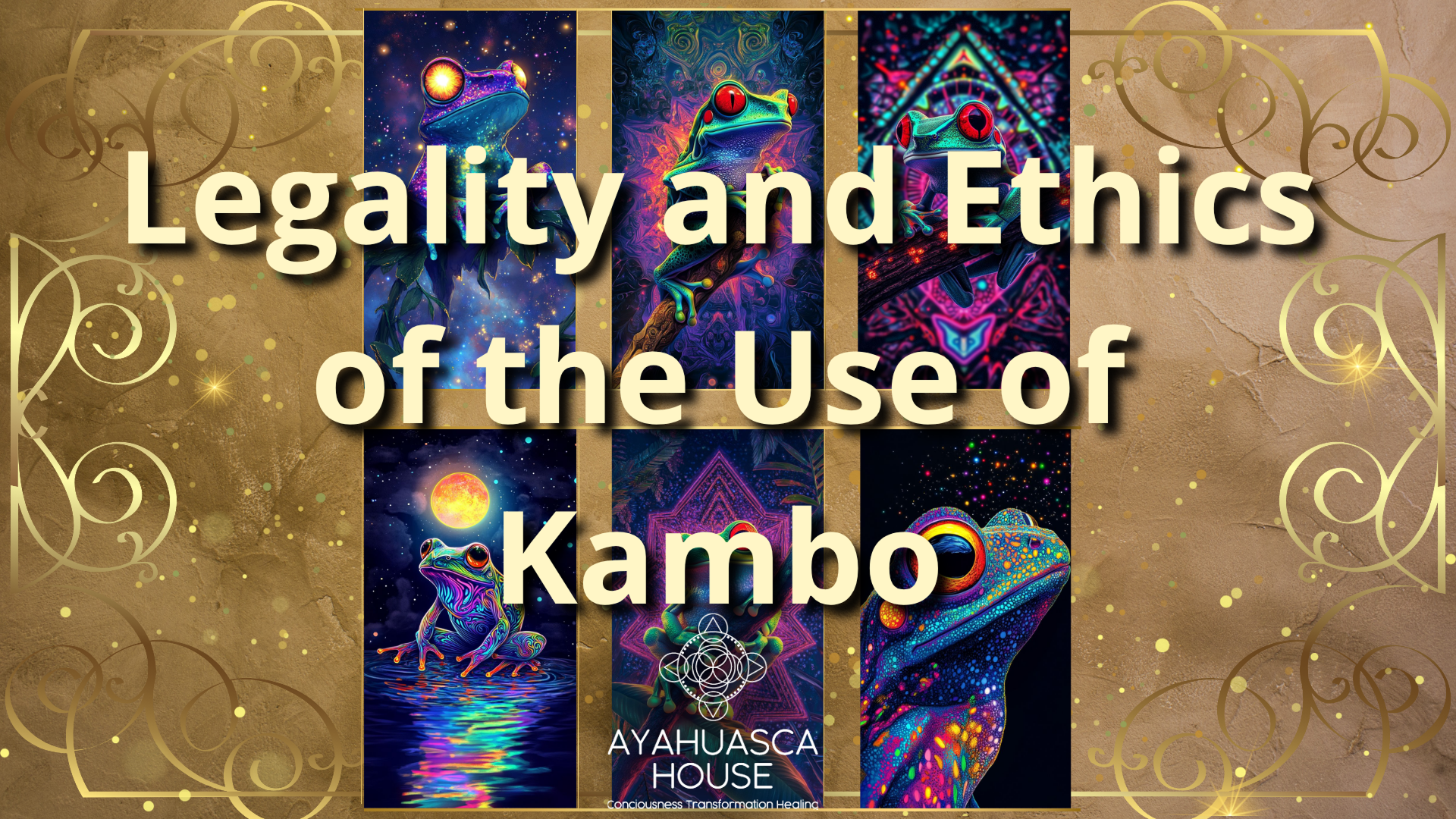Kambo , also known as “frog medicine,” is a traditional Amazonian practice that involves applying the secretion of the Phyllomedusa bicolor frog to small burns on the skin. While kambo is revered for its potential healing properties, understanding the legality and ethics of kambo is crucial before considering its use. In this article, we’ll explore the legal landscape, ethical considerations, and guidelines for responsible use of this powerful medicine.
What is Kambo?
Kambo is derived from the secretion of the Phyllomedusa bicolor frog, native to the Amazon rainforest. It is traditionally used by indigenous tribes for its purifying and healing properties. The legality and ethics of kambo are shaped by its cultural origins, potential risks, and growing global interest.
The Legal Status of Kambo
The legality and ethics of kambo begin with understanding its legal status. Laws regarding kambo vary by country and region:
1. United States
- In the U.S., kambo is not explicitly regulated at the federal level. However, its use in certain contexts may raise legal questions, especially if combined with other substances or marketed as a medical treatment.
2. Brazil
- Brazil allows the traditional use of kambo in indigenous communities but prohibits its commercialization or export without proper authorization.
3. Other Countries
- In many countries, including Canada and parts of Europe, kambo exists in a legal gray area. Its use is often permitted in ceremonial settings but may face restrictions if promoted as a health product.
Ethical Considerations of Using Kambo
Beyond legality, the ethics of kambo involve respecting its cultural origins, environmental impact, and potential risks:
1. Cultural Appropriation
- Kambo has deep roots in indigenous traditions. Using it without understanding or respecting these cultural practices can be seen as appropriation. Ethical use requires acknowledging its origins and honoring the tribes that have preserved this knowledge.
2. Environmental Impact
- Overharvesting frogs for their secretion poses a threat to their populations. Ethical use involves ensuring sustainable practices and avoiding harm to the species.
3. Responsible Facilitation
- The role of facilitators is critical. Ethical practitioners prioritize safety, informed consent, and cultural respect, while avoiding exploitation or profit-driven motives.
Risks and Precautions
Understanding the legality and ethics of kambo also involves recognizing its risks:
1. Physical Risks
- Kambo induces intense physical effects, including purging (vomiting or diarrhea), increased heart rate, and dizziness. Proper medical screening and supervision are essential.
2. Psychological Risks
- While kambo is not psychoactive, the intensity of the experience can be overwhelming for some individuals. Ethical use requires careful preparation and integration support.
3. Legal Consequences
- Using kambo in regions where it’s restricted can lead to legal repercussions. Always verify local laws before participating in ceremonies.
Tips for Responsible Use
To ensure ethical and safe use of kambo, consider the following:
1. Research Thoroughly
- Understand the legal status, cultural significance, and potential risks of kambo before proceeding.
2. Choose Ethical Facilitators
- Work with experienced facilitators who prioritize safety, respect, and sustainability. Look for practitioners with a deep understanding of kambo traditions.
3. Set Clear Intentions
- Approach the experience with clear intentions and a mindset of respect for the medicine and its origins. Intention-setting enhances the healing potential of kambo.
4. Integrate the Experience
- After the ceremony, take time to reflect and integrate the insights gained into your daily life. Journaling, meditation, and connecting with nature can help process the experience.
FAQs About the Legality and Ethics of Kambo
Is kambo legal to use?
The legality of kambo varies by country. In many places, it exists in a legal gray area, though some regions allow its use in ceremonial contexts.
What are the ethical concerns of using kambo?
Ethical concerns include cultural appropriation, environmental impact, and ensuring safe and respectful practices.
Can I participate in a kambo ceremony?
Yes, but only if it’s conducted legally and ethically. Research the facilitator and location to ensure compliance with laws and ethical standards.
Conclusion
Understanding the legality and ethics of kambo is essential for anyone considering its use. By respecting legal restrictions, cultural origins, and ethical guidelines, you can approach this powerful medicine responsibly. Whether you’re drawn to its potential healing properties or curious about its cultural significance, prioritizing safety, sustainability, and respect ensures a meaningful and ethical experience.
